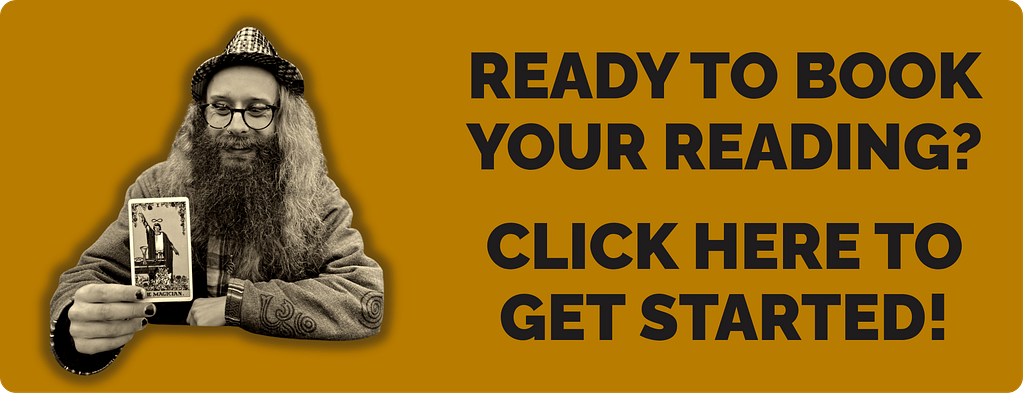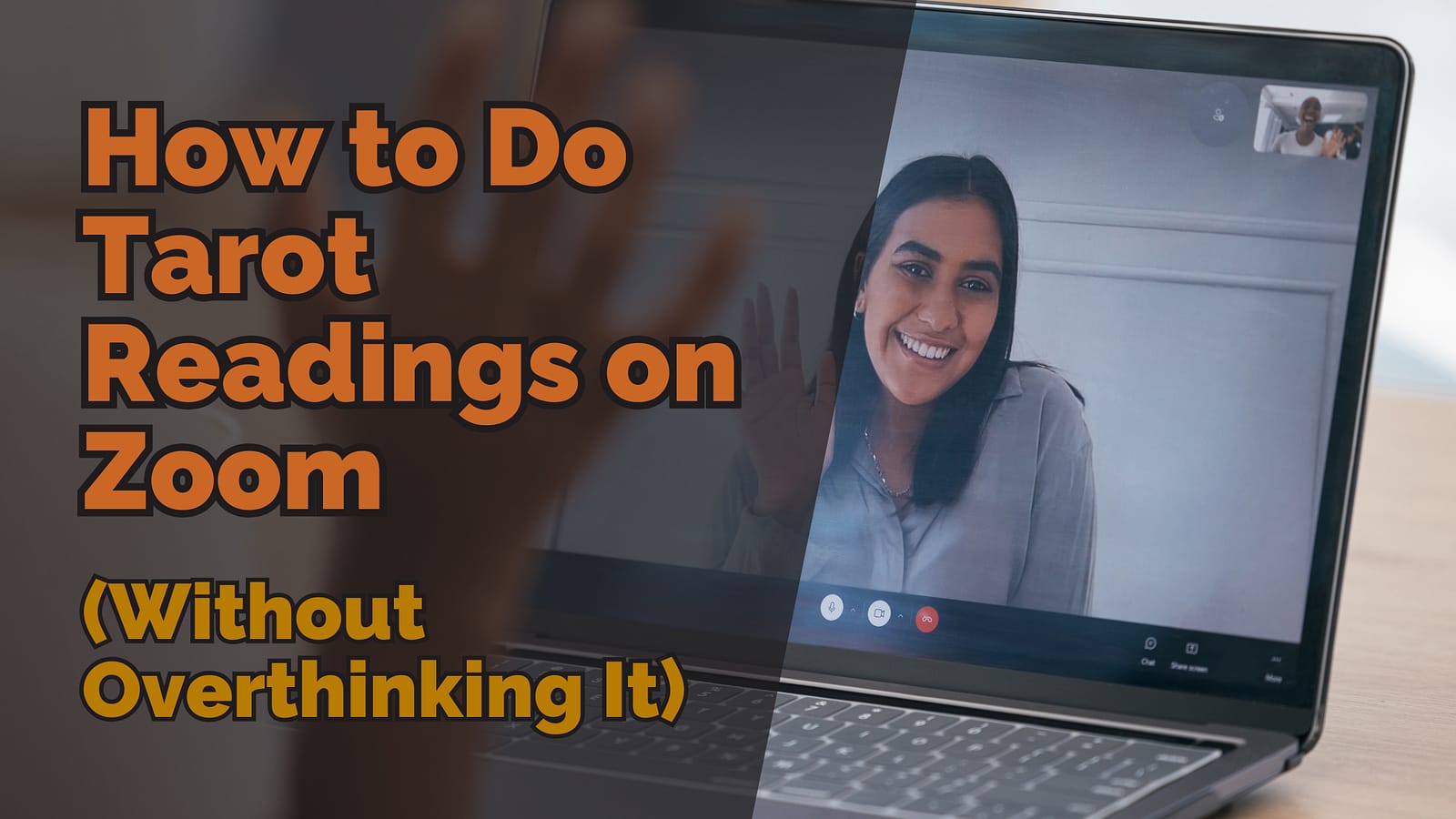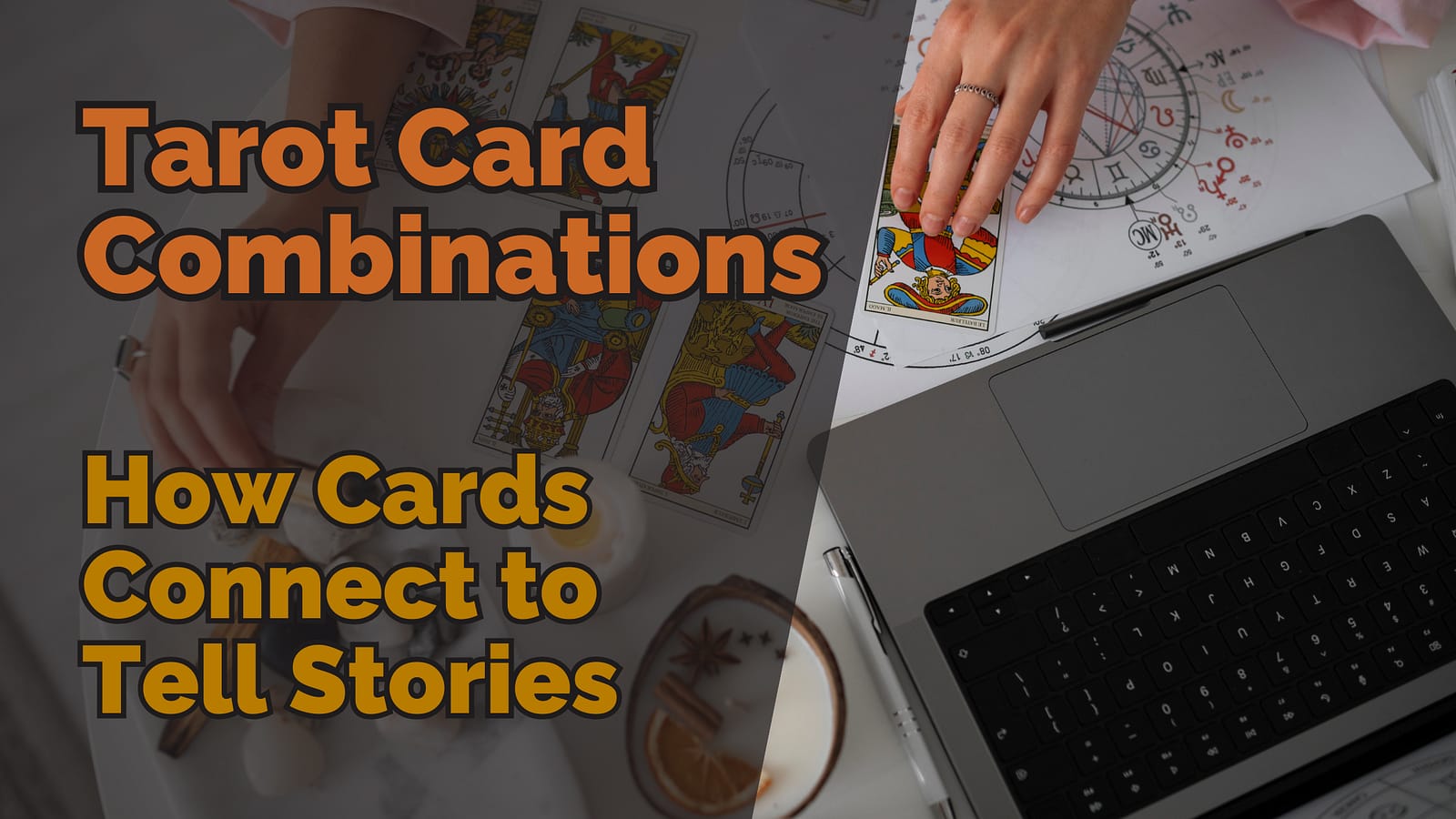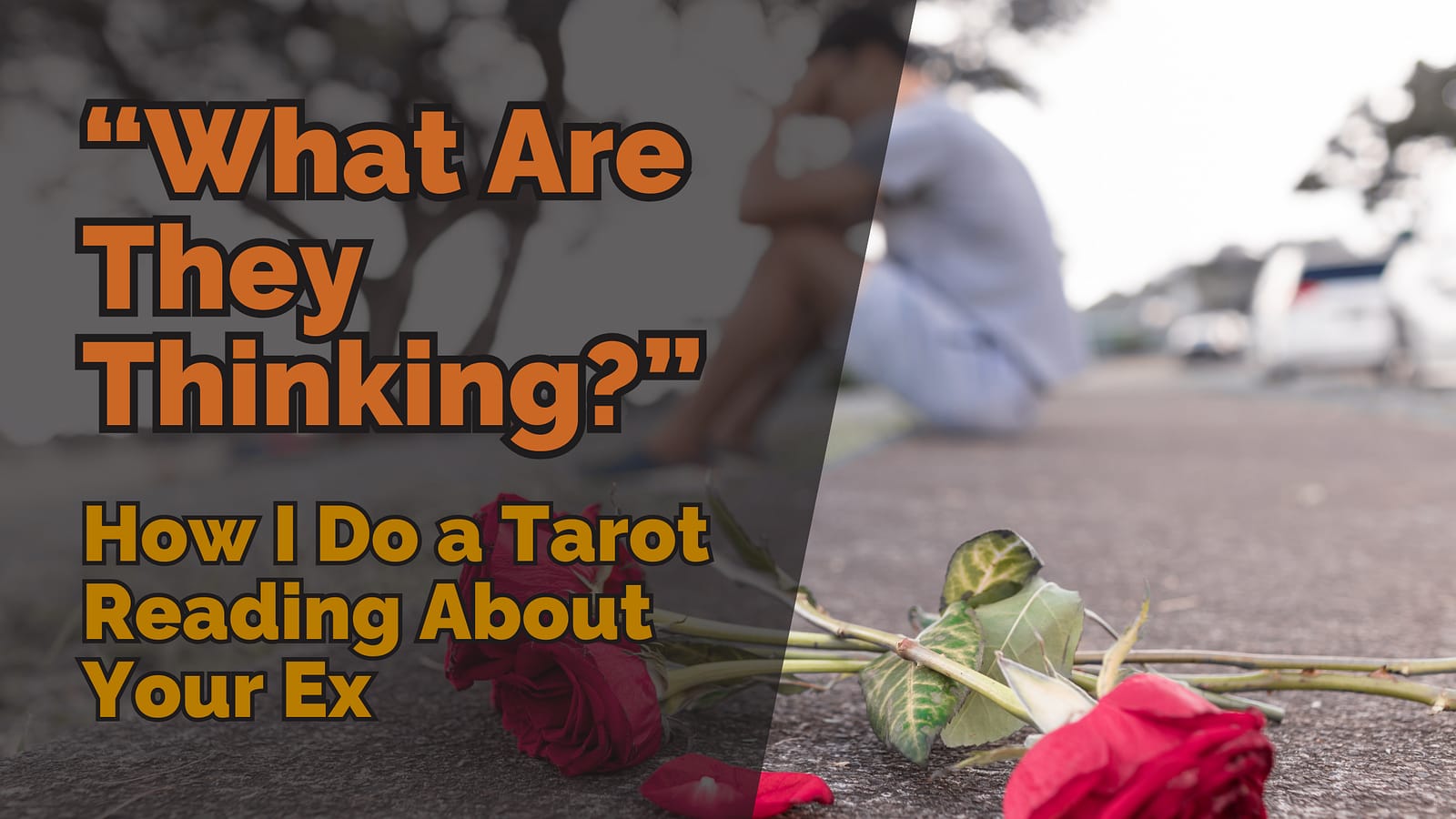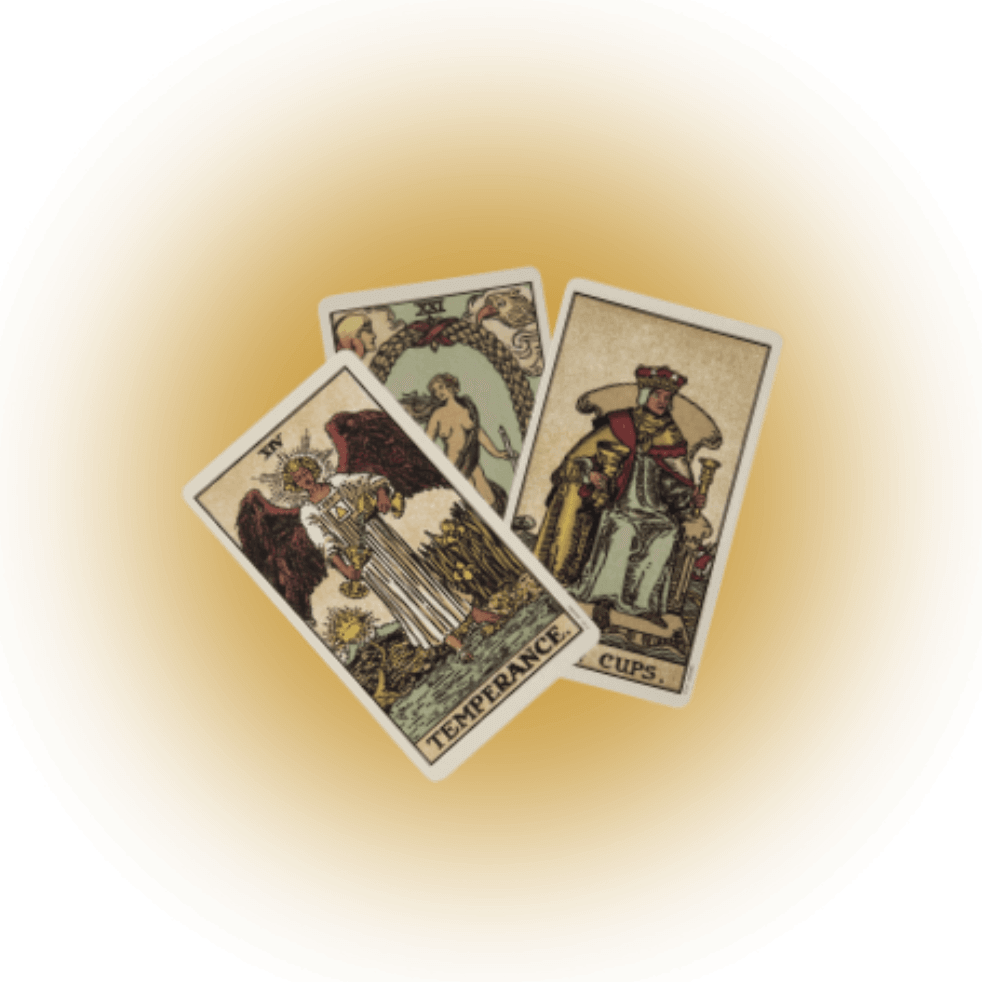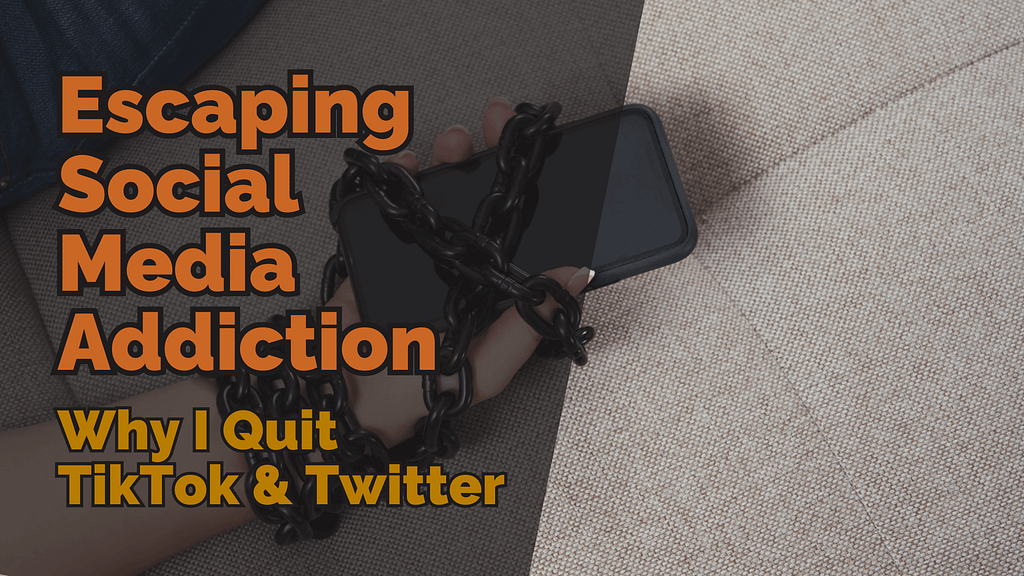
Table of Contents
Social media addiction was fucking up my life. There, I said it. If you’re here for some sugar-coated bullshit, you’re in the wrong place. I’m about to lay it all out: the triggers, the dopamine hits, the mental health spiral, and why I’ve decided to ditch TikTok and Twitter (I refuse to call it ‘X’, sue me, Elon) for good. I’m sharing this because I know I’m not the only one struggling with social media addiction.
The Downward Spiral of Social Media Addiction
I wasn’t in the best mental health place when I started using TikTok. For a while, TikTok saved me. It was a great way to market my business, and I met some incredible people through it. It gave me a community when I was too anxious to leave the house, and I even met my best friend there, who has been a fucking rock to me. But the algorithm soon figured out what triggered me—Christianity and transgender issues. As an ex-Christian and non-binary person, my feed became a constant barrage of content that upset me.
My livestreams were busier when I fed the trolls, but that attention came at a cost. Engaging with transphobic and ableist content took a toll on my mental health. I was newly diagnosed with autism, which added another layer of complexity. Talking about my autism brought supportive connections but also a lot of ableism. People used mental health as an insult, which really got to me.
The Switch to Twitter: Same Shit, Different Platform
When I deleted TikTok, I thought things would get better. But I have an addictive personality, and I craved the dopamine hits from online debates. So, I turned to Twitter. Same shit, different platform—vile transphobia, endless arguments. I’d tweet at someone and then obsessively refresh my feed, waiting for a reply, ready to jump into another toxic exchange. Social media addiction is real, and it consumed me.
Just last week, I finally deleted Twitter. Already, I feel like I have more time. I’m not sitting there, engaging with trolls. I’m more productive, exercising more, and just generally feeling better.
Autism and Mental Health: The Unspoken Struggles
Being autistic means I process things differently. The constant online conflict was overwhelming, making me more anxious and affecting my mental health in ways I didn’t fully grasp at the time. Social media addiction, with its relentless negativity, was a minefield I kept stepping into. And let’s not forget the stalker who found my business number and is still harassing me to this day, albeit less frequently. Dealing with the police, death threats, and stolen content was beyond stressful, on top of the social media addiction. I tried to rise above it, but it was breaking me down.
The Decision to Quit: A Turning Point
The unjust bans and account warnings for defending myself against trolls were the final straw. The platforms weren’t protecting me; they were punishing me. I realised I had to quit. It wasn’t an easy decision, but it was necessary. My social media addiction was fucking me up and making me a person I didn’t like. My mental health couldn’t take it anymore.
Moving Forward: Intentional Content Creation
Now, I’m focusing on Instagram, but with intention. I’m creating content that feels right for me, not just following industry trends. I want to be passionate about the content I share, and I believe my clients and followers will relate to that authenticity. I’m also pivoting more towards my email list and blog, where I can control the environment and keep the trolls at bay.
Since quitting social media, I’ve been getting into yoga. It’s become a regular practice for me and helps me stay grounded. I’ve also committed to sending out my email list more frequently and have launched some new tarot experiences. I know it’s going to take time to build things up, but I’m happy with that.
Advice to Others: You Don’t Need Social Media
To anyone in a similar situation, social media addiction is a real and destructive force. You don’t need to be on social media. It’s a time-suck, and even if you think you’re being productive, it’s a distraction. The first few days after quitting, you’ll feel a void, and you might be tempted to fill it with other platforms. But wait it out. It’s been about two, maybe three months since I quit TikTok, and I feel so much better.
Your mental health is worth more than the fleeting dopamine hits from social media. Take a step back, focus on what truly matters, and don’t be afraid to make changes that benefit your well-being.
Final Thoughts
Social media addiction is real, and it’s destructive. If you’re feeling overwhelmed, take a step back. Your mental health is worth more than the fleeting satisfaction of a few likes or retweets. Create content that matters to you, connect with people on your own terms, and don’t let an algorithm dictate your well-being.
If you’ve been struggling with social media addiction or have similar experiences, I’d love to hear from you. Feel free to share your story or reach out for support. Together, we can prioritise our mental health and find healthier ways to connect and create.
Stay true,
Gord

